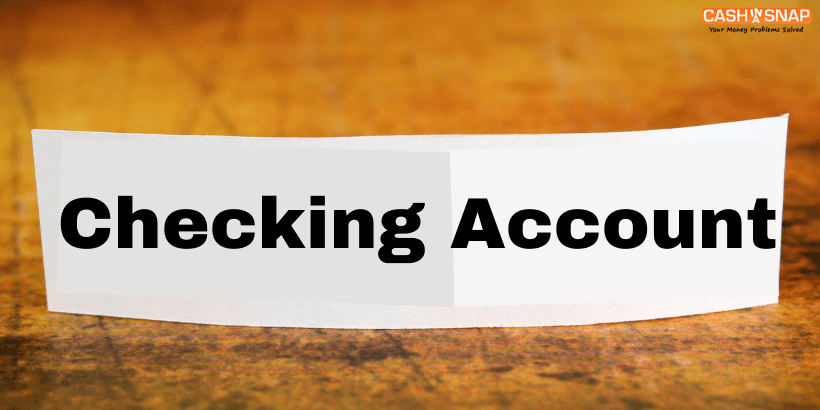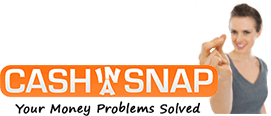Everyone should have a checking account, even if you are starting. It can be a great way to learn to manage your money, set a budget, and track where you spend every dollar. Of course, you will be able to deposit and withdraw money. Your employer may even make a direct deposit into your account on your pay dates.
 There are five steps to get started.
There are five steps to get started.
The 5 Steps to Open Your Checking Account
Before we get to the five steps, determine exactly what you need from your checking account. You can have a checking account at a traditional bank, an online bank, a credit union, and even alternative financial service companies. Before selecting your service company, consider these factors.
Monthly Fees
Many financial service providers charge monthly fees for checking accounts, savings accounts, and they have other expenses you can be hit with for various items. Ask about all costs for an account you are opening (or will open in the future). For example, maybe you are opening a checking account but plan to add a savings account later.
Minimum Balance Requirements
Many checking and savings accounts have no fees, but they require minimum account balances, or the payments kick in. Some of these minimums can be quite high. One bank requires a $5,000 minimum balance to waive fees for a savings account.
Transactions Limits
Many accounts have transaction limits every month. Exceed the transactions, and there is a fee for everyone after the limit. Look for bills that do not limit the number of withdrawals, deposits, or transfers you can make per month. These extra charges can add up over a year.
ATM Access
ATMs are a great convenience, but smaller service providers or ones with few branches in your town will have limited access to ATMs. You don’t want to be forced to drive 20 minutes to stop by an ATM. And beware of “affiliated” ATMs. They may allow you to get money, but they have very high fees for a transaction. You see these in convenience stores, where $100 may cost you $5 or more.
Online and Mobile Access
Most financial service providers today offer both online and mobile access to your accounts. Most also have bill pay, auto deposits, money transfers, and more, including budget reports for financial management. Most also allow you to download reports you can use for your taxes. Be sure your provider has these tools as they are money and time savers too.
Collect Your Documents
- Remember to bring your valid photo ID (driver’s license, state ID, social security card, or birth certificate)
- Write down your social security number if you do not remember it
- Proof of your residence address (this may be the same as your license, but some companies may ask for a copy of a rental agreement-most homeowners can verify you own the property)
Complete Your Application
Most companies have an option to do this online and then come into the branch or location. They will usually require you to go in, so they see your ID and verify who you are.
Make Your First Deposit and Start Using Your Account
You will need to make an initial deposit, often $50 or more, and once the account is activated, you can begin using it. Ask your service company when the account will be live. With the internet today, most institutions can activate your account right on the spot.
CashinaSnap has been in business for more than a decade and provides service 24/7 and 365 days a year. When you need urgent cash, consider requesting an online payday loan. With more than 100 direct lenders waiting to review your loan request, you have a great chance to be approved and get your needed cash. Credit problems are not an issue.


